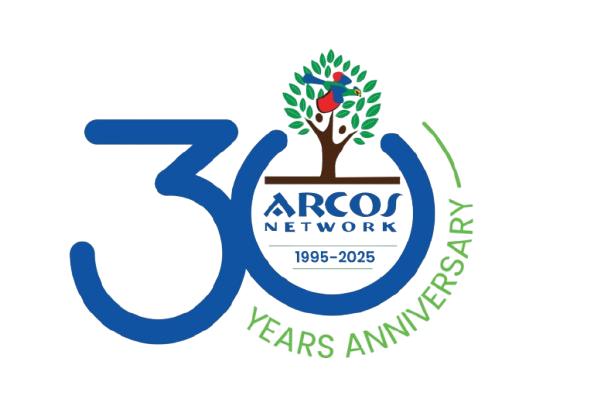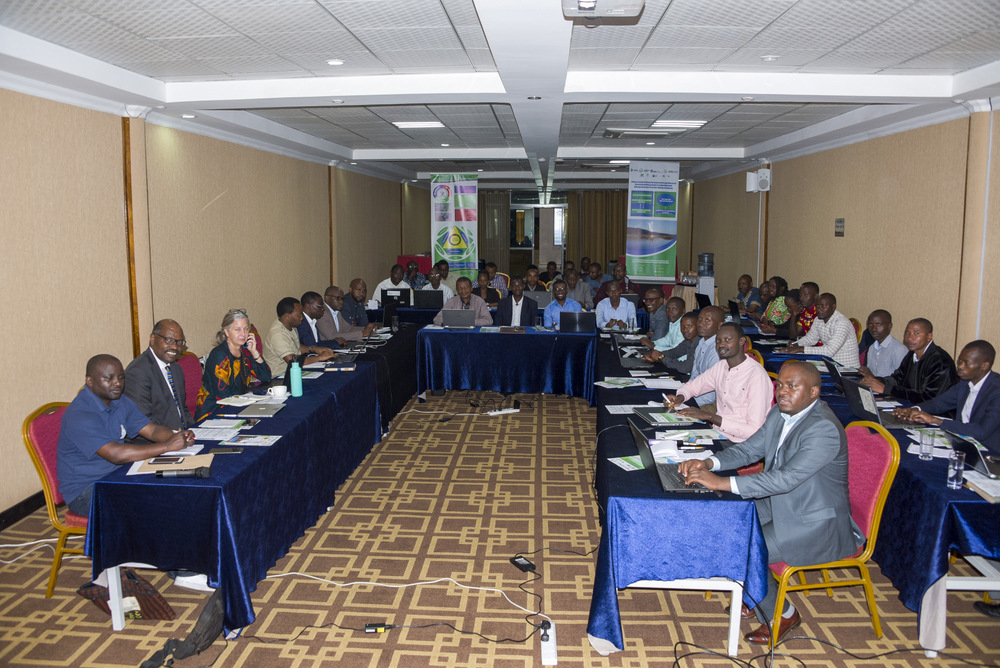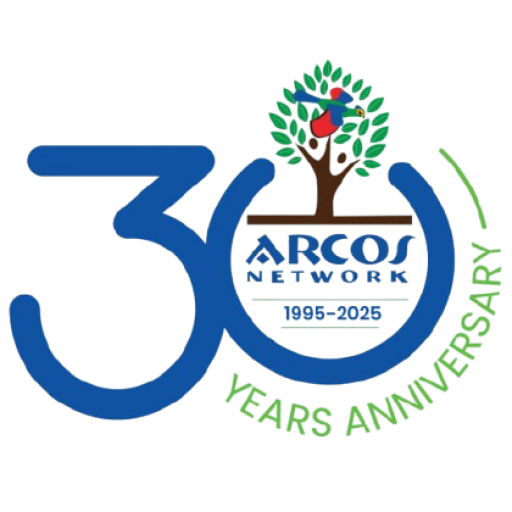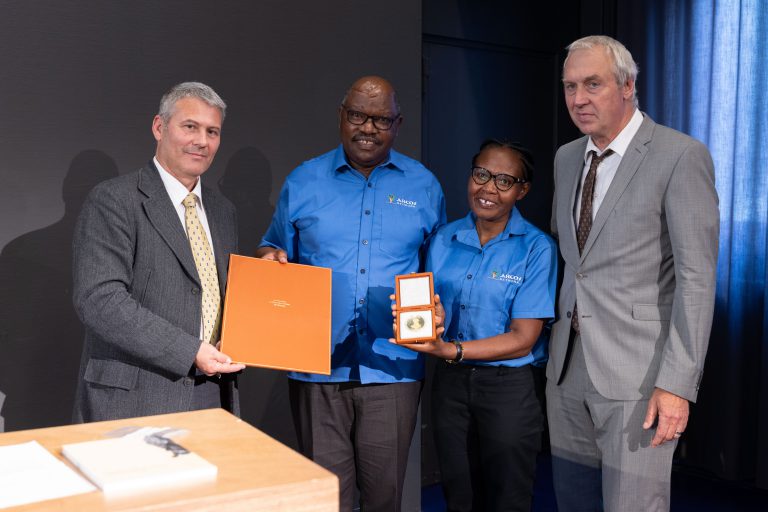Over 60 participants from 25 institutions contributing to the protection and sustainable management of the environment in Rwanda have reiterated that wetland ecosystems in Rwanda are highly important but face huge threats ranging from conversion to agriculture land, high demographic pressures, different development trajectories as well as climate change.
A National Dialogue on Rwanda Wetlands Ecological Integrity took place on this 20th December 2019 at Lemigo Hotel, Kigali. This is part of a two-year project termed” Using Ecological Integrity Assessment and Information Management to guide Wetland Management Decisions in Rwanda”, implemented by the Albertine Rift Conservation Society (ARCOS Network) in partnership with Rwanda Environment Management Authority (REMA), the International Union for Conservation of Nature (IUCN)’s Forest Landscape Restoration (FRL) Hub, the Centre for Geographic Information System (CGIS), Rwanda Development Board (RDB) and the Centre of Excellence in Biodiversity and Natural Resources Management (CoEB).
The dialogue brought together over 60 participants from different government institutions, civil society organizations, the academia and the private sector. As per the theme of the dialogue “Rwanda Wetlands: Valuable but Vulnerable Asset”, wetland ecosystems in Rwanda are highly important but face huge threats ranging from conversion to agriculture land, high demographic pressures, different development trajectories as well as climate change. These threats are exacerbated by lack of biodiversity information required to guide wetland management, as biodiversity data from little assessments and inventories that have been conducted are very scattered with no mechanisms for data sharing in place.
Participants were informed about the findings from the rapid wetland assessment conducted by a multidisciplinary team of Rwandan experts coordinated by ARCOS since May 2019 and over 1,627georeferenced records of biodiversity data[1] have been sampled in all 8 major wetland zones of Rwanda and published on ARCOS Biodiversity Information Management System[2]. The findings show that on average, the ecological integrity of some wetlands in Rwanda is estimated at 50% of its potential., while the ecological integrity of Akanyaru and City of Kigali wetland complexes were ranked low (20%-40%), and it was ranked at (0%-20%) forMuvumba wetland complex.
Rwanda wetlands were also ranked important in terms of wetland taxa including the presence of species of special conservation concern. However, the level of intensity and frequency of threats is very high (> 80%) in all wetlands except in Rugezi and Kamiranzovu inside NyungweNational Park, and so far, the level of solutions to address the situation was ranked very low (20%) with particularly limited buffer zone management, community involvement and few interventions observed at the catchment level.
Southern and Eastern Kirehe as well as Rweru-Mugesera wetland complexes were found very important at both district, national and international levels for their specific geographic locations and for hosting a big diversity of wetland species. They play a very important role as water reservoir but also for hosting various fish species including Synodontisrwandae and Haplochromiserythromaculatus which are endangered, and various bird species like the Grey Crowned Crane and the Papyrus Gonolek,
The dialogue offered a great opportunity for participants to discuss and come up with the following recommendations:
- Southern and Eastern Kirehe wetland complexes as well as Rweru-Mugesera wetland complex should be gazetted as Ramsar site;
- There should be a wetland management plan for Kirehe, Rweru-Mugesera and Akanyaru Wetland complexes;
- The regulations for the use of wetland buffer zones need to be enforced while options for better regulations are being considered;
- There should be an establishment of a strong institutional framework and enhancement of intersectoral collaboration to engage all stakeholders from central to local government and local community;
- Building on the results of this wetland integrity assessment project as baselines, a long-term wetland data collection should be established to track the changes over a long period of time.
In his concluding remarks and welcoming all the recommendations and especially the recommendation to enhance institutional collaboration, Dr Sam Kanyamibwa, the Executive Director of ARCOS Network “thanked all participants and stressed that the benefits from the wetlands reach a large spectrum of our society and the challenges they faced need to be addressed by all sectors, and “ARCOS Network will continue to support as per its motto of Collaborative Action for Nature and People. said Dr Sam Kanyamibwa.
ARCOS appreciates funding support from the JRS Biodiversity Foundation as part of the project “Using Ecological Integrity Assessment and Information Management to guide Wetland Management Decisions in Rwanda”,



